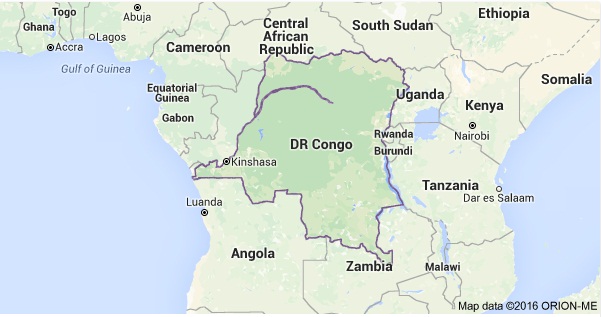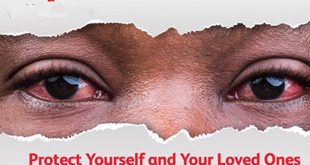
Gulu, Uganda | THE INDEPENDENT | Gulu City residents of Congolese origin are struggling to access services due to the lack of Uganda’s National Identity cards.
There are more than one hundred Congolese who have for the last twenty-years settled in the different parts of Gulu with the majority in Bardege-Layibi division, but without documents from their ancestral country.
Some of them are females brought into the country by soldiers of the Uganda People’s Defense Forces -UPDF who had been fighting in the DR Congo while some fled hardships in their country and ended up in Uganda.
The foreigners who have settled in Uganda for all those years, had been able to access all social and commercial services like banking, travel documents, health, education and sim card registrations among others.
Majority of them had opened up bank accounts, accessed all health care services, purchased phones and sim cards until in 2015 when the government introduced the National Identification Number – NIN for all its citizens.
The NIN and National ID was created by the Parliament under Registration of Person Act 2015. Each citizen was required to register their place of birth or residence and all their particulars but this was all for Ugandan citizens.
Government consequently directed that all the personal details be attached to one`s bank account, sim card, travel documents, voting, medical documents and the National Social Security Fund -NSSF.
Pappy Panda, a Congolese who has been in Uganda for 20-years and the Chairperson for Congolese in Gulu City told URN in an interview that he was denied registration for the National Identity Card in 2015 on grounds that he is a foreigner.
Panda who had earlier opened up a bank account in one of the commercial banks in Gulu and purchased sim cards as well has now been blocked from all his accounts after failing to verify due to lack of a National Identity Card as required by the service providers.
Before the existence of the National Identity Card, Panda had used a recommendation letter from his area local chairperson to get the services.
Duff Faridah is a twenty year-old of Congolese origin born from Uganda. She told URN that her attempt to acquire a national identity card has been futile after the authorities termed her a ‘’foreigner’’ and deemed not eligible.
Much as Faridah claims that she is born of a Ugandan father who separated with her mother during pregnancy, she said that she has been denied the vaccination against the coronavirus disease due to the lack of a National Identification Card.
Bebe Mboli, another Congolese who has been in the country for over 15-years disclosed that she was recently turned away from one of the military health facilities in Gulu after she failed to produce a national identity card.
Mboli has now resorted to buying medicine and treating herself and her children from a private clinic which does not require a national identity card.
Pauline Ayoto, a Local Council official in Kasubi Ward were many of the Congolese stay told URN that the have indeed also missed out on all forms of government support especially during this COVID-19 lockdown due to the lack of national identity cards.
However, Gilbert Kadilo, the National Identification Registration Authority (NIRA) Spokesperson explained that the first registration for the National Identity Cards was only for Ugandans.
Kadilo added that the alien identity card registration which is meant for non-Ugandans will be done later but only for foreigners who entered Uganda through the office of the directorate of registration and possess legal documents of their stay in Uganda.
****
URN
 The Independent Uganda: You get the Truth we Pay the Price
The Independent Uganda: You get the Truth we Pay the Price


